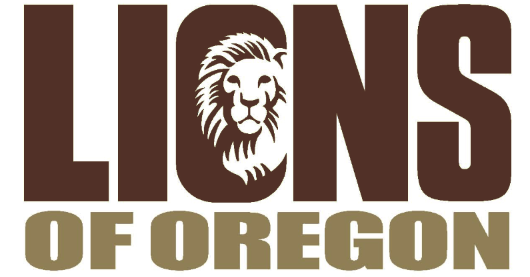Summer Is the Perfect Time for Our Clubs to Start Planning Late Spring and Summer Activities
Summer will be here before we know it and now is the perfect time for our clubs to start planning late spring and summer activities that help our clubs be more visible in the community. Need some inspiration? Consider a variation of one of these activities to kick your club into gear during the warmer months!
1. Host a Community Picnic or BBQ
Offer free food, games, and entertainment, and invite local businesses to participate. Use it as an opportunity to share information about the club’s activities and upcoming events.
2. Organize a Charity Walk or Run
Host a walk or fun run to raise money for a cause the Lions Club supports. Participants can wear club-branded shirts to spread awareness during the event.
3. Summer Blood Drive
Blood donations tend to drop during the summer, so organizing a blood drive can be a great way to meet a vital need in the community.
4. Sponsor a Local Farmers Market or Community Fair
Lions Clubs can set up a booth at local farmers markets, fairs, or festivals to hand out informational materials, collect donations, or host a small game or raffle.
5. Support Local Youth Programs, Local Festivals or Sporting Events
Lions Clubs can sponsor or organize events like youth sports tournaments, scholarships, or mentoring programs to support the next generation. Offer volunteers for events in your town—whether it’s a summer concert series, local parade, or outdoor sports tournaments.
6. Host an Outdoor Movie Night
You can show a family-friendly film, offer free snacks, and use the event to promote the club's efforts in the community.
7. Organize a Clean-Up or Beautification Project
Organize a neighborhood clean-up, park improvement, or community garden project, which not only improves the local area but also raises awareness of the club’s commitment to service.
8. Provide Back-to-School Supplies
Collect backpacks, school supplies, and clothing for students in need, and offer them to families in your community.
9. Host a Talent Show or Cultural Event
Organize a local talent show, concert, or cultural festival to showcase the diversity and talent of the community. The event can be a fundraiser or simply a celebration of local talent.
10. Create a “Lions Club Day” in the Community
Work with local businesses and organizations to create a special event that highlights the work of the Lions Club. This could include special promotions or discounts, a parade, or community service activities.
11. Social Media Campaigns and Online Engagement
Use the summer months to run a social media campaign that highlights your club’s activities, promotes upcoming events, or celebrates successful projects.
By hosting or participating in these types of summer activities, Lions Clubs can not only be more visible but also build stronger relationships with local residents, highlight their commitment to service, and raise funds for future community efforts.
(Below is a personalized canopy the Milwaukie Lions created with a vinyl cutting machine and supplies from Amazon for around $200. Reach out to DG Carrie for more details!)



